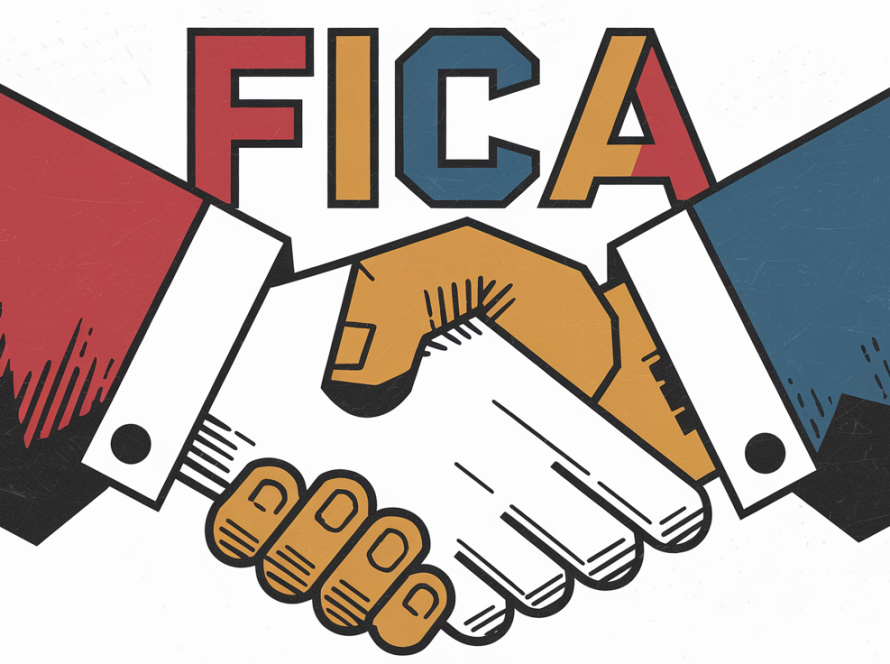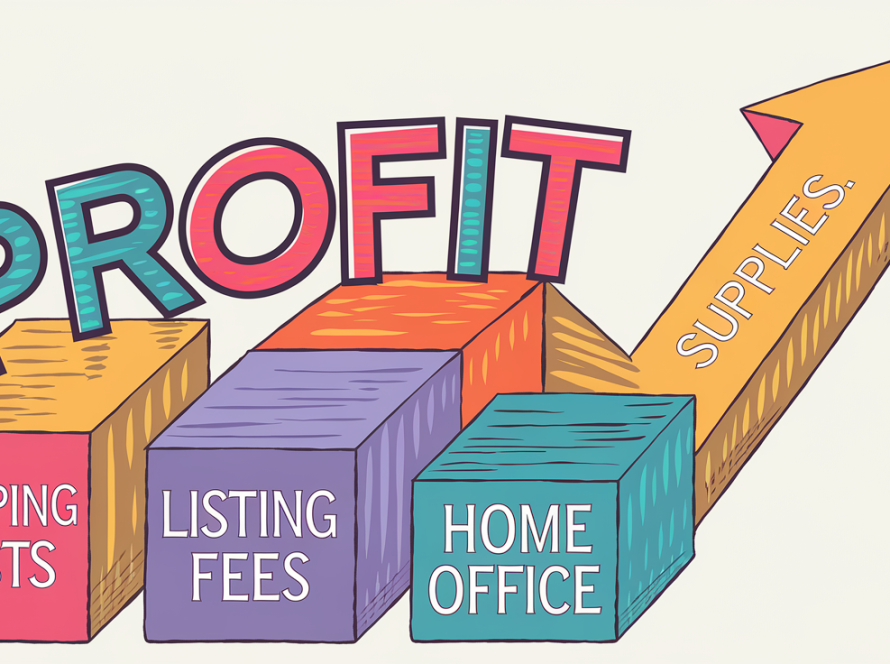We recently came across a Reddit post from a small business owner who was wrestling with a common dilemma: “I want to offer a 401(k) to my employees, but it seems really expensive and complicated. Plus, can I even offer it to just my key employees?” This sparked a great conversation about the ins and outs of 401(k) plans for small businesses, and we thought it would be helpful to dive deeper into this important topic.
A 401(k) is a retirement savings plan that allows employees to contribute a portion of their pre-tax salary to a tax-advantaged investment account. It’s a popular benefit that can help employees build a nest egg for their golden years. But for small business owners, offering a 401(k) comes with a unique set of considerations. Let’s explore the benefits, drawbacks, and key factors to keep in mind.
Key Takeaways
- Pros: Attract and retain top talent, tax benefits, boost employee morale.
- Cons: Costs, administrative complexity, potential compliance issues.
- Legalities: Understanding eligibility and non-discrimination rules is crucial.
- Decision Time: Evaluate your company’s specific needs and resources.
Understanding 401(k) Plans
Before we get into the nitty-gritty, let’s clarify some basics. There are a few different types of 401(k) plans:
- Traditional 401(k): Employee contributions are made pre-tax, reducing taxable income now, but withdrawals in retirement are taxed.
- Roth 401(k): Contributions are made after-tax, meaning you won’t get a tax break now, but qualified withdrawals in retirement are tax-free.
- Safe Harbor 401(k): This plan avoids certain non-discrimination testing requirements by having the employer make contributions to employee accounts, often matching employee contributions up to a certain percentage.
Each type has its own set of rules and contribution limits, which are adjusted annually by the IRS. For 2024, employees can contribute up to $23,000, and those aged 50 and over can make an additional “catch-up” contribution of $7,500.
Benefits of Offering a 401(k)
As the Reddit user pointed out, attracting and retaining good employees is a top priority for any business, especially in today’s competitive job market. Offering a 401(k) can be a powerful tool to achieve this. It shows your employees that you care about their financial well-being and are invested in their future.
Beyond attracting talent, 401(k) plans offer tax advantages for both employers and employees. Businesses can often deduct contributions they make to their employees’ accounts, and employees benefit from the tax-deferred (or tax-free, in the case of a Roth 401(k)) growth of their investments.
Drawbacks and Considerations for Small Businesses
Now, let’s address the elephant in the room: cost. Setting up and administering a 401(k) plan can be expensive, particularly for small businesses. You’ll need to factor in:
- Administrative fees: These cover record-keeping, compliance testing, and other plan management tasks, which can range from a few hundred to several thousand dollars annually.
- Investment fees: These are charged by the mutual funds or other investment options offered within the plan and are typically a percentage of the assets managed.
- Employer contributions: Many businesses choose to match a portion of their employees’ contributions, which adds to the overall cost. However, new tax credits under the SECURE 2.0 Act can help offset some of these costs for eligible small businesses.
Another concern for small businesses is complexity. 401(k) plans are subject to a web of regulations, including non-discrimination testing. This testing ensures that the plan doesn’t disproportionately benefit highly compensated employees, generally those making over $150,000 per year. In the Reddit user’s case, wanting to offer the plan only to key employees could trigger issues with these rules.
Finally, it’s crucial to understand employee eligibility rules. If you offer a 401(k) to some employees, you may be required to offer it to others as well, depending on factors like their age (typically 21 and over) and length of service (usually one year). You’ll also need to establish a vesting schedule, which determines when employees own their employer contributions. This can range from immediate vesting to gradual vesting over several years.
Making the Decision: Is a 401(k) Right for Your Small Business?
There’s no one-size-fits-all answer to this question. The best approach is to weigh the pros and cons in light of your specific circumstances. Here are some key factors to consider:
- Company size and financial resources: Can your business handle the costs associated with a 401(k)?
- Employee demographics: What are the ages and income levels of your employees? Are they likely to participate in a 401(k)?
- Long-term business goals: How does offering a 401(k) align with your overall strategy for attracting and retaining talent?
FAQ Section
Q: Is it legal to offer a 401(k) to some employees but not others?
A: Generally, no. Non-discrimination rules are in place to prevent this. However, there are some exceptions based on employee age and length of service. It’s crucial to consult with a tax professional to ensure you comply with all applicable regulations.
Q: What are the penalties for non-compliance with 401(k) regulations?
A: Penalties can be severe, including plan disqualification, tax penalties, and even personal liability for business owners. This can include fines, loss of tax benefits, and even criminal charges in cases of fraud or intentional misconduct.
Q: How much does it cost to set up and maintain a 401(k) plan?
A: Costs vary widely depending on the plan provider, the number of participants, and the level of services required. Small businesses can expect to pay anywhere from $1,000 to $5,000 or more per year in administrative fees, plus investment fees that typically range from 0.5% to 1.5% of assets under management.
Q: What are the alternatives to a 401(k) for small businesses?
A: There are several options, including SIMPLE IRAs, SEP IRAs, and profit-sharing plans. Each has its own pros and cons, so it’s important to explore which best suits your business needs. For example, SIMPLE IRAs are easier to administer but have lower contribution limits than 401(k)s, while SEP IRAs allow for higher contributions but offer less flexibility for employees.
Q: What are my fiduciary responsibilities as an employer offering a 401(k)?
A: As a plan sponsor, you have a legal obligation to act in the best interests of your employees when making decisions about the plan. This includes selecting prudent investment options, monitoring plan expenses, and avoiding conflicts of interest.
Q: What are the tax credits available to small businesses under the SECURE 2.0 Act?
A: The SECURE 2.0 Act provides tax credits to help small businesses offset the costs of starting a 401(k) plan. Eligible employers can receive a tax credit of up to $5,000 per year for the first three years of the plan, as well as a tax credit for employer contributions made on behalf of employees.
Connecting with XOA TAX
Navigating the complexities of 401(k) plans can be challenging for any small business owner. At XOA TAX, our experienced CPAs can provide personalized guidance to help you make informed decisions about your employee benefits package. We can help you understand the different plan options, assess the costs, and ensure you comply with all legal requirements. Contact us today for a consultation:
Website: https://bwgv2xepn2kgo7imbfjg-production-sites.xoatax.net/
Phone: +1 (714) 594-6986
Email: [email protected]
Contact Page: https://bwgv2xepn2kgo7imbfjg-production-sites.xoatax.net/contact-us/
Disclaimer: This post is for informational purposes only and does not provide legal, tax, or financial advice. Laws, regulations, and tax rates can change often, and vary significantly by state and locality. This communication is not intended to be a solicitation and XOA TAX does not provide legal advice. Please consult a professional advisor for advice specific to your situation.


